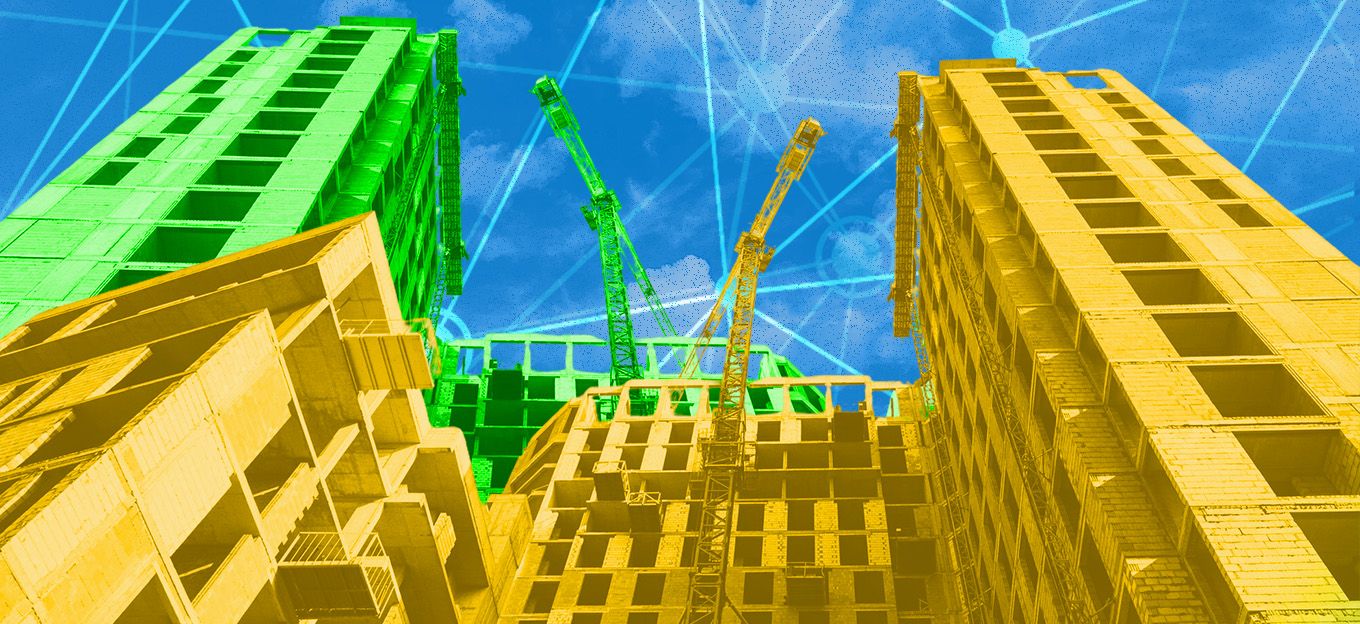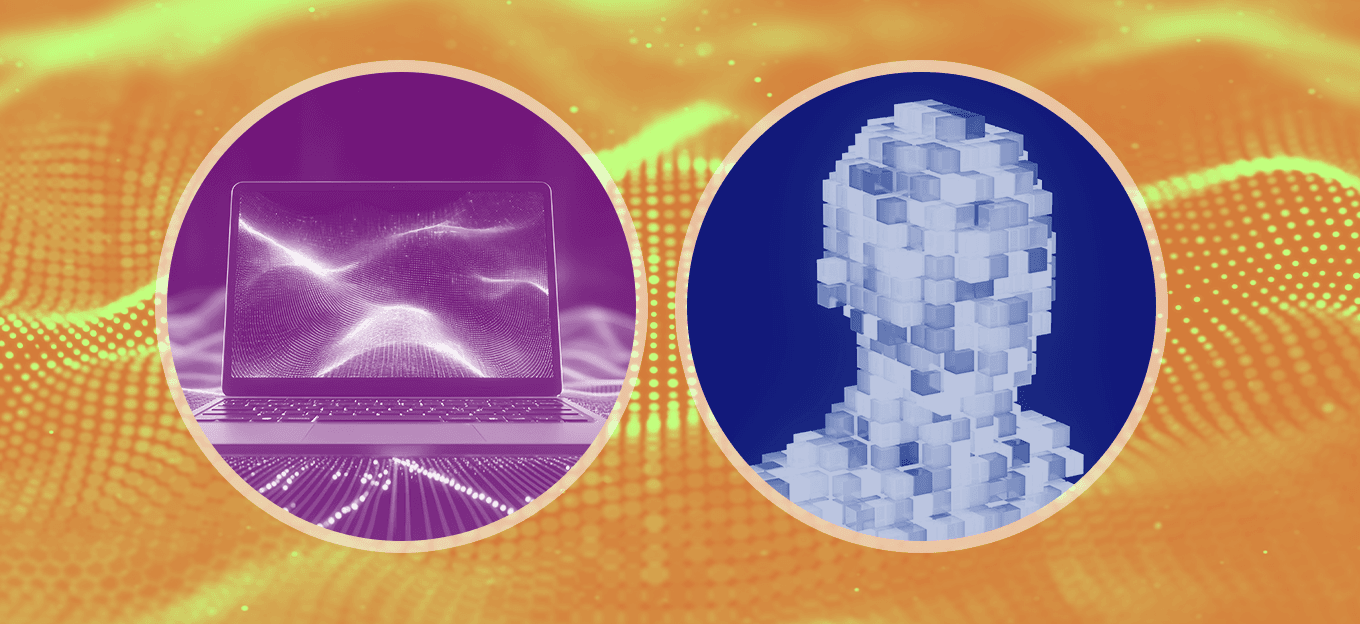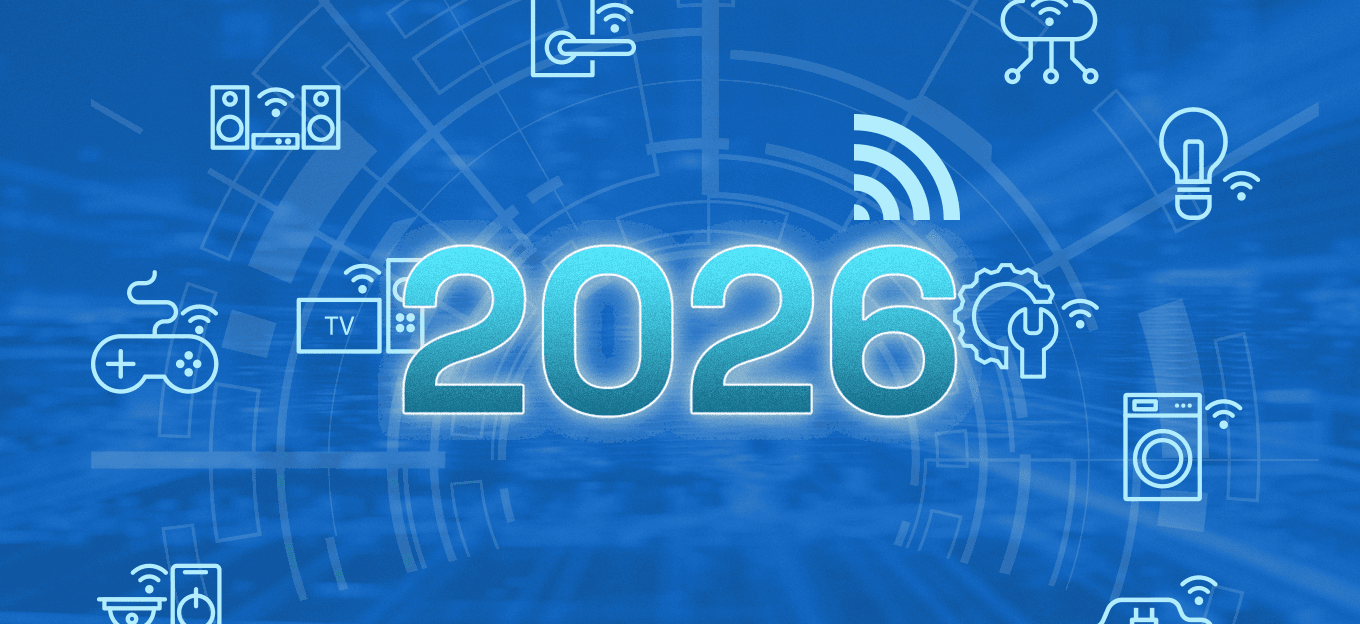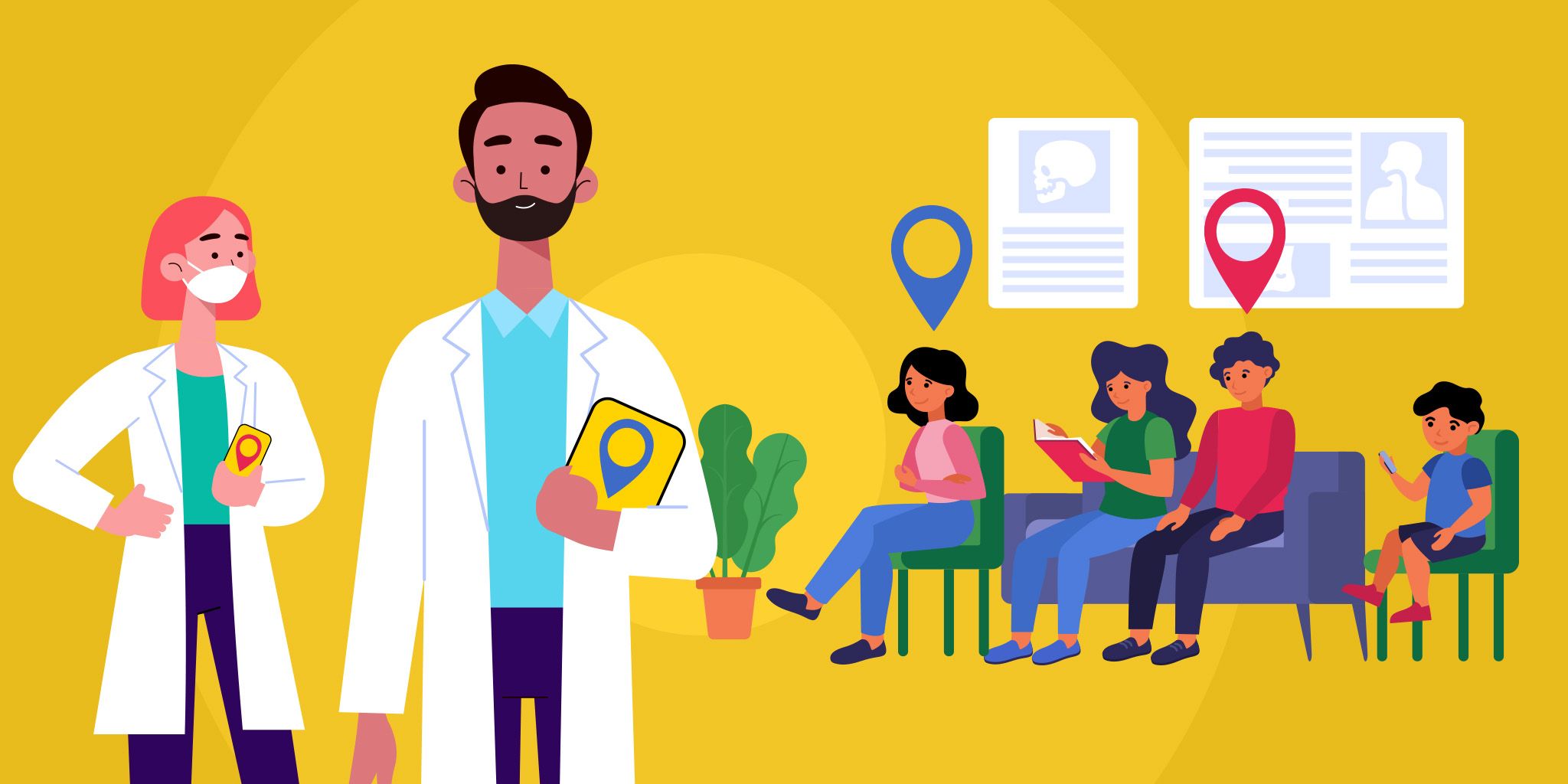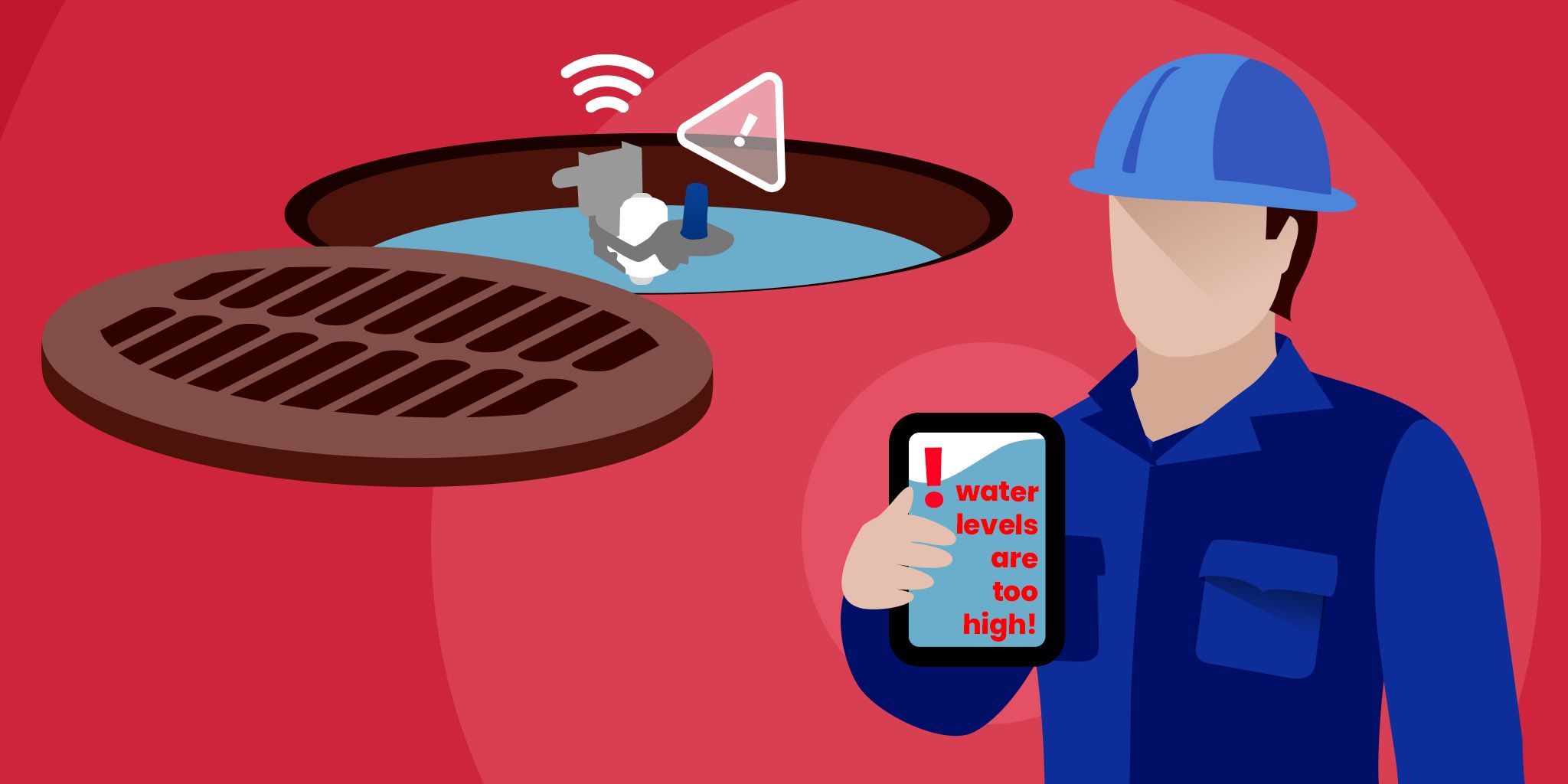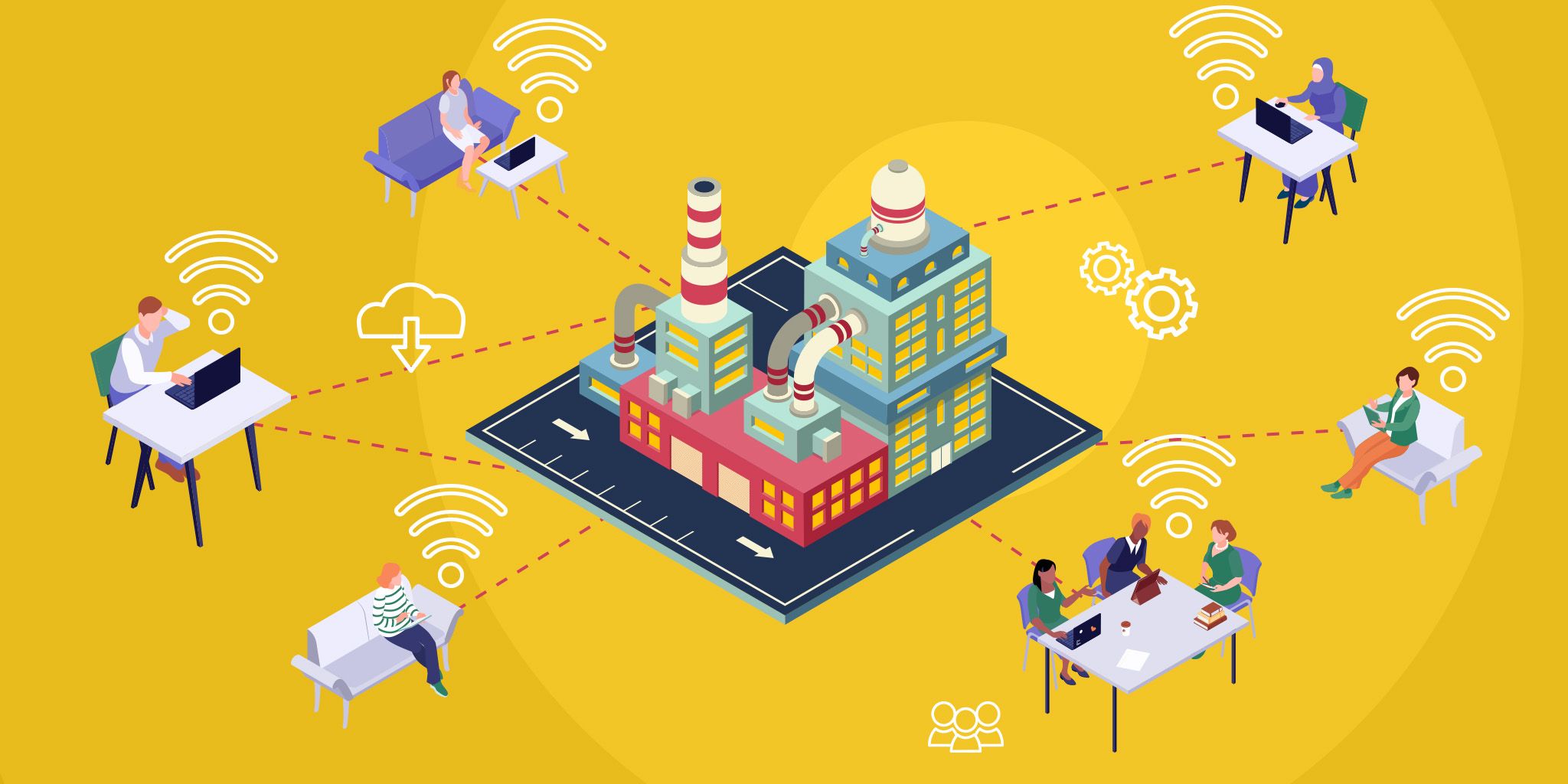What is the Programmable Economy?
What is the Programmable Economy?
- Last Updated: December 2, 2024
Hannah Sloan
- Last Updated: December 2, 2024



Technological innovation has been both the driver and beneficiary of changes in the economy throughout most of human history. Technologies deeply influence how we interact with our world and with others. They change how we imagine our own possibilities and how we generate new ones.
The “economy” is omnipresent throughout our daily actions and interactions. We create goods, services, and concepts. We assign a value to them, exchange them, and manage the finite resources at our disposal—resources that technology helps us harness.
We make choices based upon that value. We trust exchanges will be recognized and verified in our social sphere. Our economies are cultural and social through and through. "Economies” don’t just refer to rules for exchanging value. Our rules govern our choices, but our economic environment—our culture, politics, and technology—governs our rules.
What Is the Programmable Economy?
Think about how the Internet changed your perception of the world: where you spend your money and what seems valuable. It transformed our habits—and our values. Collectively, our everyday actions are creating a whole new economic order.
For example, for about 200 years, it was mainly government statisticians—the "state"—who were interested in what we call "data." And yet today data is to the 21st century what oil was to the 20th because of how the internet made information such a powerful thing to wield. Data improves predictions about behavior and attention. It empowers companies to turn insights into better products and services.
Firms like Gartner, for example, exchange data for money. They and their clients assign a value to data—an exchange rate. Gartner is aware of the implications of these new forms of value. They predict that the technological efficiencies generated by increased automation, adoption of cryptocurrencies, AI, big data, and cloud services will create a “new” economy—a “programmable” economy—that will rival even the Internet in terms of disruptive scope.
In 2014, Gartner coined the term programmable economy to refer to “a natively 'smart' economic system that supports and/or manages the production and consumption of goods and services, enabling diverse scenarios of exchange of value (monetary and non-monetary).” But what is the programmable economy really?
Essentially, the programmable economy is a vision for the economy of the future. It anticipates a shift both in the way value can be exchanged and also in the ways we choose to exchange it. For example, we might come to "value" a formerly monetized exchange or interaction in non-monetary ways—and vice versa. That's why "an economy" in this context refers to so much more than simple financial transactions.
Another example: a centralized control—e.g. a central bank like the Federal Reserve—might become decentralized through blockchain. And yet at the same time, social media platforms allow for every individual and group activity to be centralized in endless photo feeds housed within vast data centers. These are just a few examples of the changes the programmable economy anticipates.
Features and Implications
The term “programmable economy” is primarily used amongst a small circle of technology enthusiasts and researchers, but the reality it describes has the potential to affect all of us. The implications of this structural shift aren't explicitly laid out. But techno-optimists and skeptics alike posit that this future consists of the following:
1: Removing the Middleman
Much of the work of shifting to a programmable economy rests in removing middlemen from transactions. Decentralization of the economy involves removing the barriers to making monetary and non-monetary transactions by making it easier for people to exchange things between each other directly.
“The aim of this new economic phase,” writes Medium contributor Sal Miah, “is to credit the creators and consumers of products and services by eliminating unnecessary intermediaries to the point that [person-to-person] interactions become the norm in the economy."
It's no wonder blockchain technology and programmable economies are discussed together. Blockchain is basically the lynchpin of the programmable economy. Its methods of direct, distributed ledger verification open up a world of possibilities. But these methods are still ironically unverified at scale. Removing the middlemen through decentralized economic activity allows for the reduction of single point failures, which are fairly common in centralized economies.

Image Credit: Munich Personal RePEc Archive
Many assume that a decentralized economy will have more opportunity for self-correction, as contrasted with the macroeconomic calculation required to regulate the economy at a central level. “Decentralized planning economies” and “participatory planning” are terms that have been used in various global contexts, and their execution is hard to disentangle from parallel movements in political decentralization—especially in developing regions.
An example of this is the quasi-socialist "decentralized planning model" implemented in Kerala, India. Keralite economic interactions produce localized development projects. And with the rise of autonomous business, the line between economic actor and intermediary is being blurred.
2: New Ways of Assessing Value
As mentioned above, the use of more direct avenues for contract validation like blockchain networks will allow for a continuous reimagination of what it means to exchange value between people and institutions. The continued increase in cashless transactions will only elevate new possibilities.
“Physical properties such as cars, gold, and oil each have their own value with a definite process of calculating this value present,” writes Miah. “For non-physical objects such as followers or fame, there is no real way of determining how much a person is worth as a result of their fame or how many people they can influence.”
This imagination has long since reached the world of sci-fi. It's nearly inevitable that, even though monetization is a cornerstone of this economy, monetization itself will take on a new meaning as we consider what human and social and environmental capital, for example, mean outside of their financial proxies.
3: Rethinking the Technology — Governance Relationship
Economies are inherently political. An economy is grounded in rules, norms, and standards for interactions such that it retains coherence and legitimacy, and the governance of such a system must fall to some person(s) or institution(s)—even if it’s decentralized. A more decentralized economic system, with more opportunity for tech-based real-time data collection, will likely result in a huge amount of data on myriad economic actors, making it easier to analyze and predict economic phenomena.
Whoever has access to the data can, for example, more easily monitor tax compliance and contract breaches. Those who have access to the information can utilize greater economic transparency to create responsive measures to counteract market failures. This could have cascading effects on the (presumed lack of) need for banks, social schemes, employment, capital markets, elections, and metrics for job losses due to automation, to name a few things.
The Economic Growth eJournal published a report entitled “Envisaging an Entire Planned Economic System as a Single Computer through Blockchain Networks.” Dr. Kartik Hegadekatti et. al. imagine an economy of interlinked blockchains that can be “programmed” to provide inputs that generate predictable outputs on the economy. Think of it as a chain of blockchains. The goal is to ensure that economic benefits are being maximized in a timely manner.
Heavy automation will allow the economy to “function automatically without (or with minimal) external supervision, self-correcting to attain the goals of the desired outcome, i.e. inclusive economic development.” Machines can take on a “virtual identity” that allows them to be taxed on their production or earnings, for example.
It’s unclear whether this particular application would be an explicit goal of a planned programmable economy. But it’s worth considering how such an economy will be feasible and compatible with limited forms of governance and political oversight.
What’s at Stake in the Programmable Economy?
Ironically, even as the programmable economy allows for decentralized economic activity divorced from institutional convention or traditional regulation, it increases the prevalence of transactional surveillance. It also ushers in massive amounts of data that result in an even more monitored economic landscape. This lends itself both to governmental transparency and to opportunities for corruption and exploitation.
It’s more or less certain that this new economy will have lower transaction costs, will result in new efficiencies, and will allow for hyper-responsiveness to economic events. However, how might we secure this new economy? How might we regulate it to avoid market crashes?
Perhaps we could've avoided the 2008 recession through better economic monitoring and surveillance. But who will control it and how might we program other values (like environmental protection, distributive justice, etc.) into the economy in the same way policymakers do? Or are those only exogenous considerations?
Similar questions arise with AI and autonomous design, which provide further cause for pause when reflected in the design of an entire marketplace of human and machine interactions. It’s impossible to deny the global ramifications this trend could have. While it’s outside the scope of this post, the trajectory and management of global economic development are worthy of exploration due to the richness and complexity of economic life that will be affected by the programmable economy.
The Programmable Economy Around Us
The programmable economy is fast approaching. IoT is crucial to this imagined future because of the opportunities it provides for more seamlessly integrating the physical world into our lives. "In the Internet of Things (IoT), 'things' are becoming smarter, more connected and more relied upon to augment everyone's life. However, there is a critical missing component to the IoT, and that is monetization," writes David Furlonger of Gartner.
"Success or failure with IoT will only be achieved via the development of a new economic platform and monetary operating model. Monetized 'things' will, therefore, redefine the economy." This bold claim highlights the importance of our foundational economic ecosystem as we continue to interact with smarter “things” and bodies that inevitably change how we process and exchange value.
We will rely on the creatives, the skeptics, and the visionaries to provide more color to this rapidly approaching programmable economy. In the meantime, let’s gather our own data and strengthen our institutions to anticipate it.
The Most Comprehensive IoT Newsletter for Enterprises
Showcasing the highest-quality content, resources, news, and insights from the world of the Internet of Things. Subscribe to remain informed and up-to-date.
New Podcast Episode

How Smart Labels Transform the Supply Chain
Related Articles
